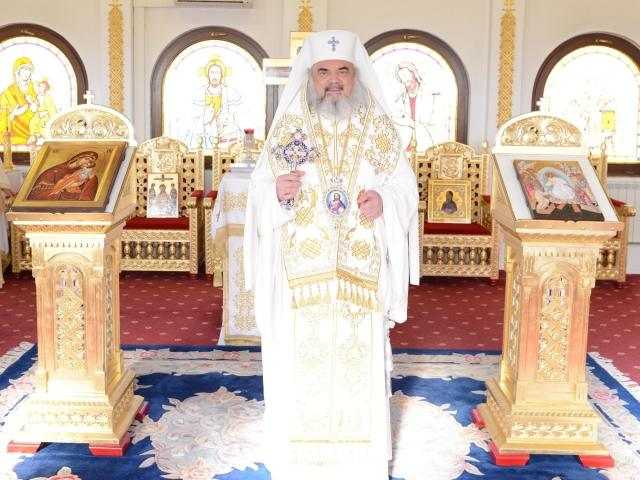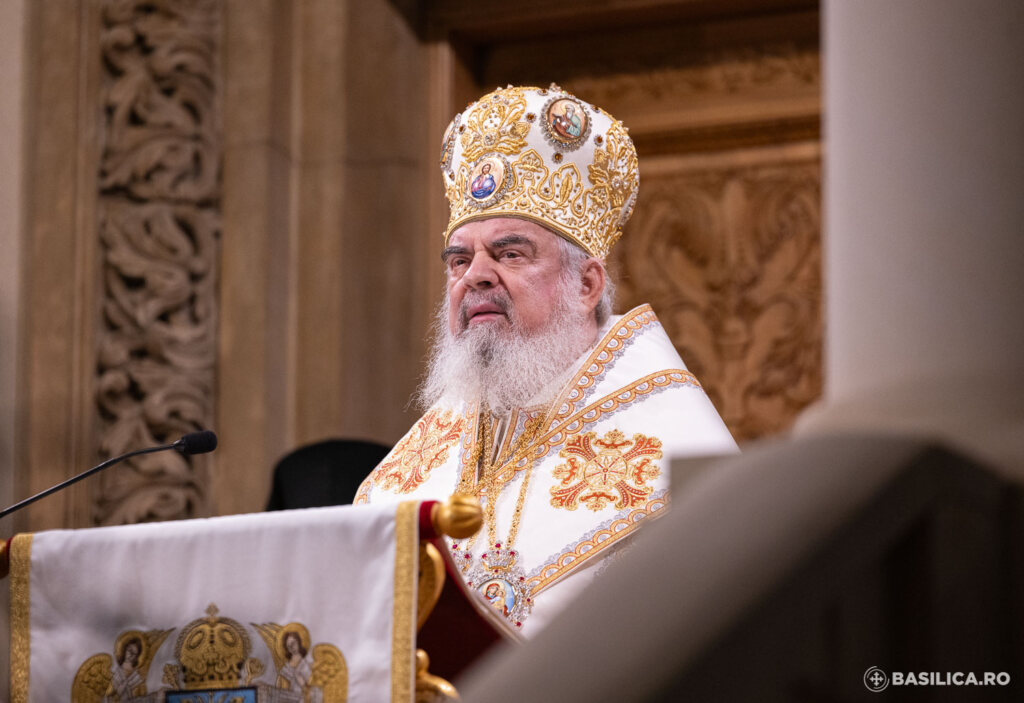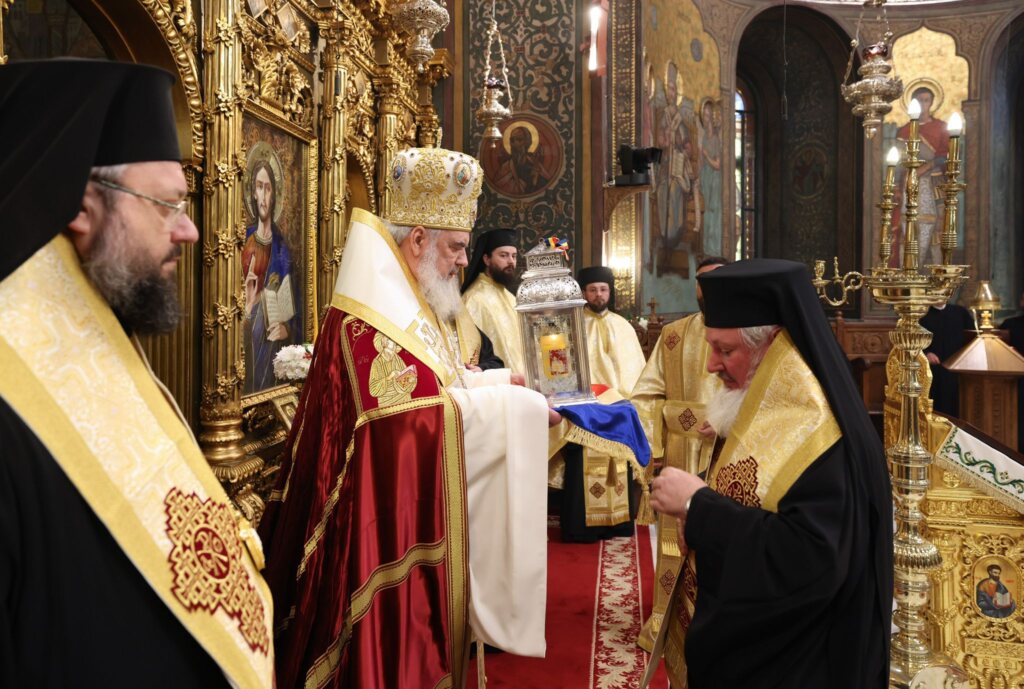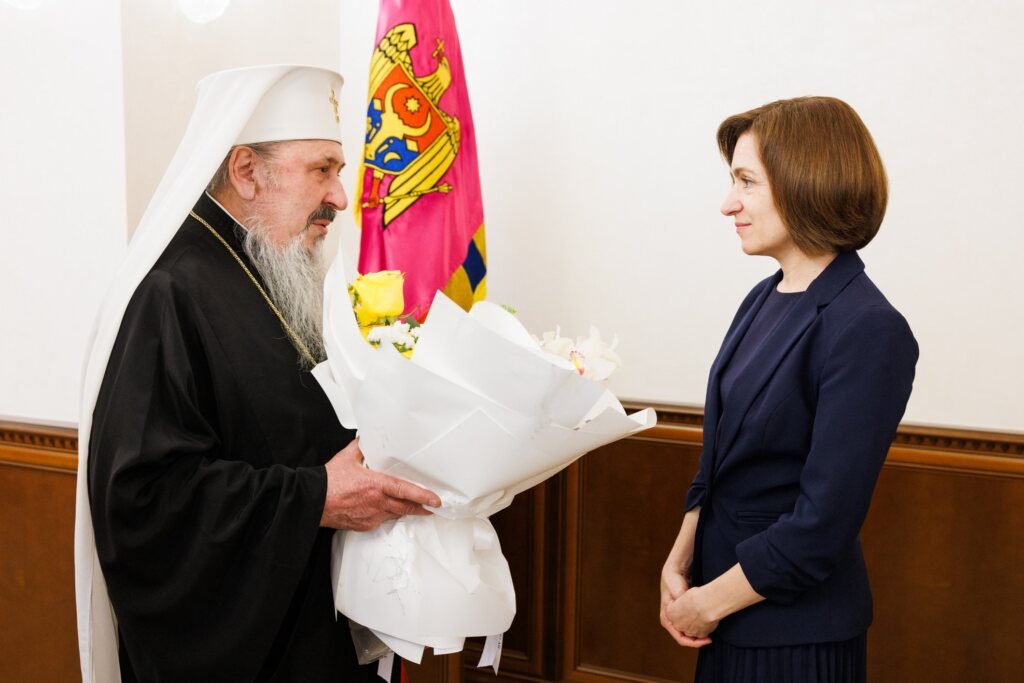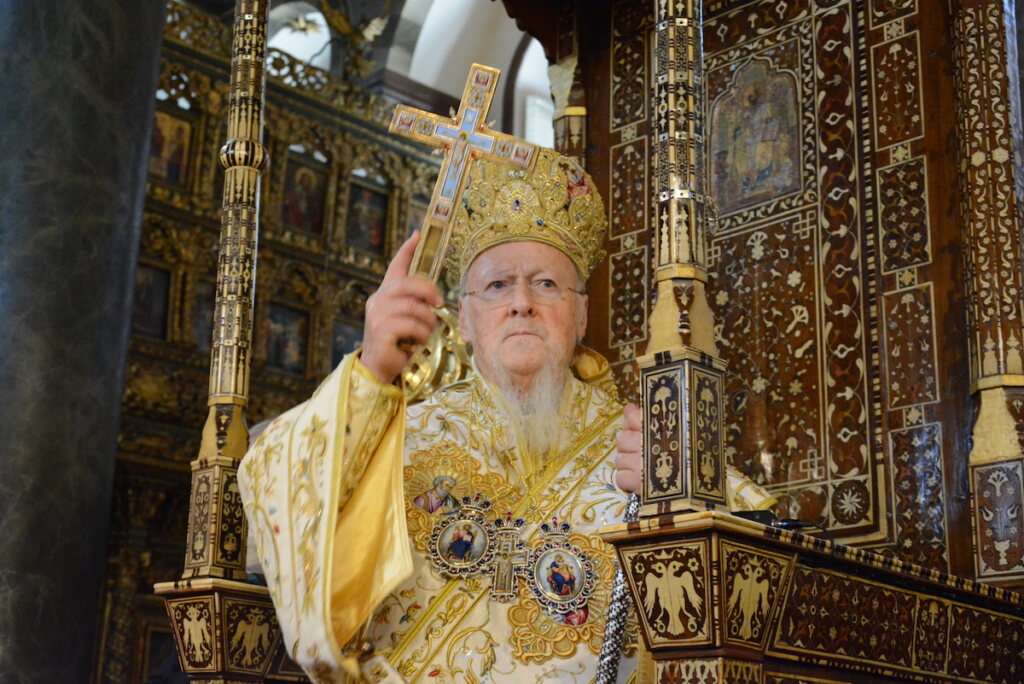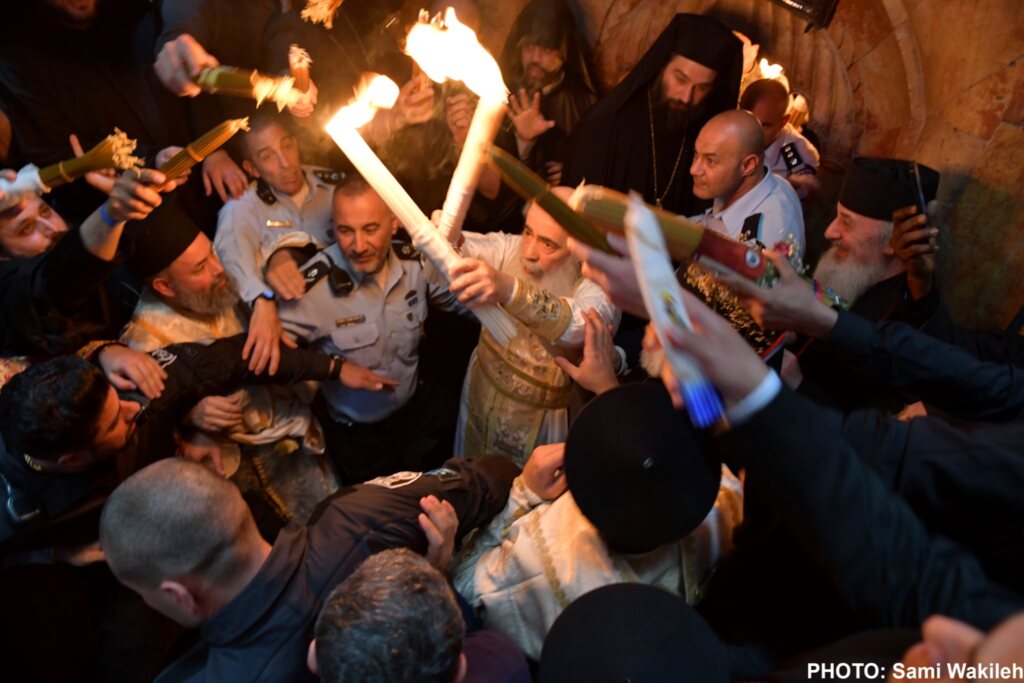In all the churches today, 1 December 2013, the fifteenth Sunday after Pentecost, the Gospel text referring to “the greatest Commandment in the Law” has been read. In the sermon delivered in the patriarchal residence chapel, dedicated to St. Gregory the Illuminator, His Beatitude Daniel, Patriarch of the Romanian Orthodox Church, presented the teachings arising from today’s Gospel text. The great Commandment of love is the path to acquire eternal life “The Gospel tells us essentially that the great commandment of love is the foundation of faithful’s human life and, at the same time, is the path to acquire eternal life, heavenly life in God’s kingdom. When the Saviour speaks of the two commandments of love, love of God and love of neighbour, He formulated differently, namely love of God must prevail and have total intensity. Therefore, He says one must love the Lord God with all heart and with all soul and with all mind. And regarding the love of neighbour, He says to love one’s neighbour as oneself”, said the Patriarch of Romania, according to TRINITAS Radio. Call to charity His Beatitude urged that during the Nativity fasting time be closer to our neighbours in distress: “In this period of fasting, love of God is seen in an increased prayer, reading of Scripture, the Confession of sins, a more frequent Communion in the Holy Eucharist, but also in more charity towards our neighbour. If we do not have material goods to offer as gifts, the best gift is prayer for the health and salvation of others and a presence, a good word, an encouragement. Thus, there are many ways of performing charity: material charity which consists of clothing, food, medicine or money, but also a spiritual charity, which is more easily achieved even when we are poor materially or financially”. The next Sunday, 8 December is the 27th Sunday after Pentecost, the Gospel text from St. Luke will refer to the Healing of the crippled woman.
The great Commandment of love is the foundation of faithful’s life
